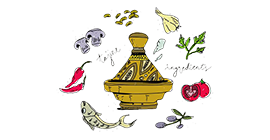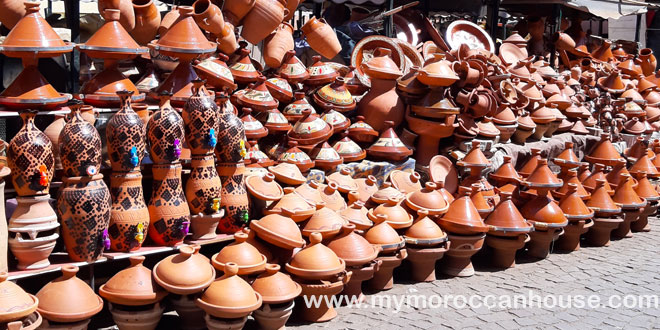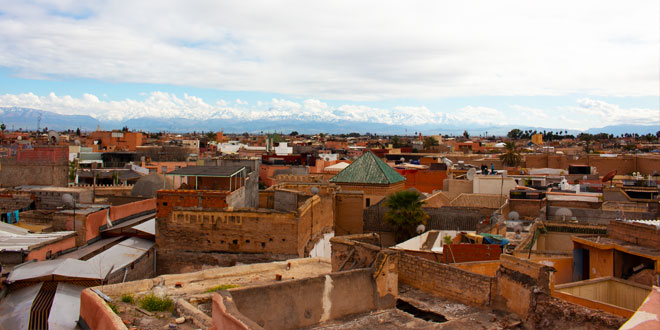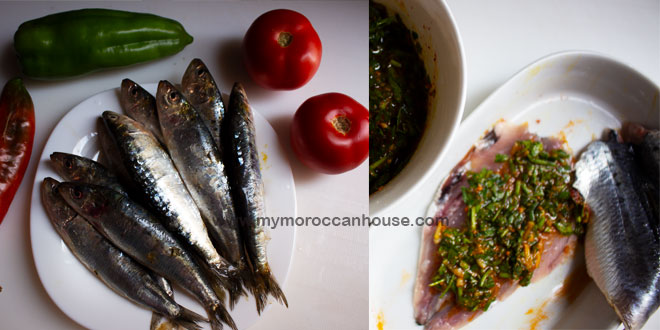You have reached this interesting post as you might be among those who have asked the following questions: What Is Considered Rude in Morocco? What is impolite in Morocco? Do and don’ts in Morocco? What should I avoid in Morocco? What are the table manners in Morocco?
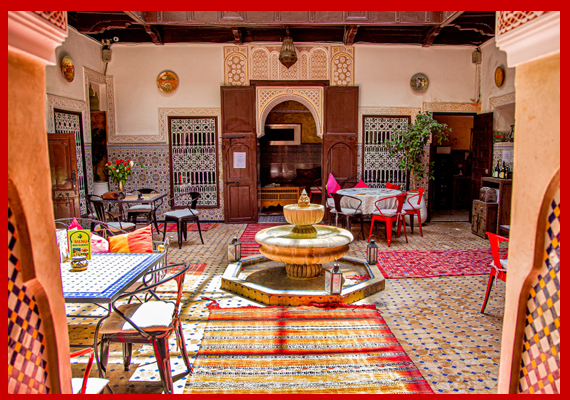
What Is Considered Rude in Morocco? What Is Impolite in Morocco?
As a whole, Morocco is imbued with traditions and customs that it is wise to know and respect so as not to offend anyone. The following are the main things that are considered rude that you may want to avoid during your stay in Morocco:
- For Moroccans, eating alone in front of others is rude, especially if the other person is hungry.
- Considered impure, the left hand is often to be avoided when it comes to touching food or shaking hands. Remember to use your right hand.
- Be careful during Ramadan. During this particular period, be careful not to consume alcohol in public. It is also advisable not to drink, eat and smoke in public during Ramadan, especially in less touristy places.
- Do not criticize the religion or the king as this is very frowned upon by foreigners.
- It is also very frowned upon to get drunk in public. In some of our prestigious houses, you will not be able to bring your own alcohol, it will be either controlled or prohibited.
- It seems obvious but do not enter a mosque without authorization. It is a place of worship and not a tourist attraction, so very few mosques are allowed to visitors.
- Showy gestures of affection are to be avoided because Moroccans are very modest.
- Do not refuse an invitation to drink tea. Moroccans are always very welcoming and it can be rude to refuse this opportunity to sympathize.
- As in many countries, the correct dress is required in order not to shock. Women should avoid short skirts and tank tops.
What Should I Avoid in Morocco? What Are the Table Manners in Morocco?
Moroccans have intriguing habits that make them just as fascinating as their country and their culture.
Morocco’s rich and diverse culture and heritage continue to influence its customs to this day. The country’s unique traditions and habits make for interesting people to be around.
Traveling to Morocco for the first time can be difficult or overwhelming for those who notice big differences in the culture and society of the country compared to their own. However, the kindness and warm hospitality of Moroccans facilitate integration into the culture.
Morocco is famous for its rich culture, diverse landscapes, historical monuments and colorful cities which attract thousands of tourists from all over the world. Many visitors rave about the sounds, the smells, the food, the beauty of the architecture and, above all, the Moroccan customs and hospitality.
Some of the first things you might notice about Moroccans include their positive and cheerful attitude, the way they switch languages mid-sentence, and how they are always ready to help.
What Is Impolite in Morocco? Do and Don’ts in Morocco?
Proper attire is required to visit temples and mosques. No short clothes and covered shoulders. Also plan in your bag a scarf to cover your head because some mosques require it, out of respect for religion.
Ask before taking a picture of a Moroccan. Some beliefs suggest that a photo can capture the soul of the subject, so to collect your memories be sure to do so with respect for others and beliefs.
If you share a meal with Moroccans, it is recommended to use your right hand to pass dishes, to catch something or to take food. The left hand is considered unclean.
If you go to Morocco during the Ramadan period, it is advisable to eat and drink with a little discretion, in respect for the locals who practice fasting.
If you are invited to tea, do not refuse, your host could be offended. Okay, you don’t like tea, but make an effort for once.
What Is so Special About Morocco? Reasons Why You Should Visit Morocco
Morocco is a land of glamorous and vivid contrasts. The gateway to two continents, it is a country of breathtaking landscapes, rich in history and heady with magnific scents and spectacular sights.
While the countryside is home to old traditions and diverse peoples, the ever-growing urban centers boast incredible new architecture together with the old, and activities to suit all modern tastes.
Morocco’s diverse geography, multicultural atmosphere, and rich history make it a mesmerizing country.
Its towns offer a striking contrast of ancient kasbahs, mosques and souks and modern architecture, with a
mix of Berber, Arab and African peoples.
In the crowded ancient medinas, young men in designer jeans haggle over cell phones alongside traditionally dressed women shopping for housewares.
In the fertile countryside, a farmer riding on a goat is as common a sight as a television satellite perched on a mud-brick roof.
Moroccan culture is extremely rich and difficult to pigeonhole. Moroccan landscape includes beaches, mountains, lakes, forests, and deserts.
Morocco is a unique blend of Arab, African, and European ways of life, and the Moroccans wouldn’t have it any other way.
Moroccan cuisine is rich and varied, owing to a variety of cultural influences. Meat is well-spiced and lean, vegetables are fresh and abundant, and everything is permeated with spices.
Moroccan cooking is quite labor-intensive and dishes are pleasingly presented as well as meticulously prepared.
Beef, lamb, fish, and chicken are all popular and used in a variety of dishes. Pigeon and turkey are also available, and the seafood in the coastal cities is not to be missed.
Meat is prepared according to Islamic halal regulations.
Rice, semolina wheat, and barley grains are used for a variety of dishes. A wide range of spices is used, including cumin, saffron, paprika, ginger, cinnamon, red and black pepper, and a special mixture called ras al-hanout is widely used in Moroccan cuisine.
A typical Moroccan meal starts with something fresh or cooked salads, olives and pickled vegetables and bread, and sometimes a cold beverage. The main course is then brought out, usually in a large pot, or tajine.
Moroccans will either eat from the main dish with their hands or using spoons, or serve food on to individual dishes.
After the main course is through and plates are removed, various fruits are arranged on the table, and mint tea is served, sometimes with Moroccan cookies.
